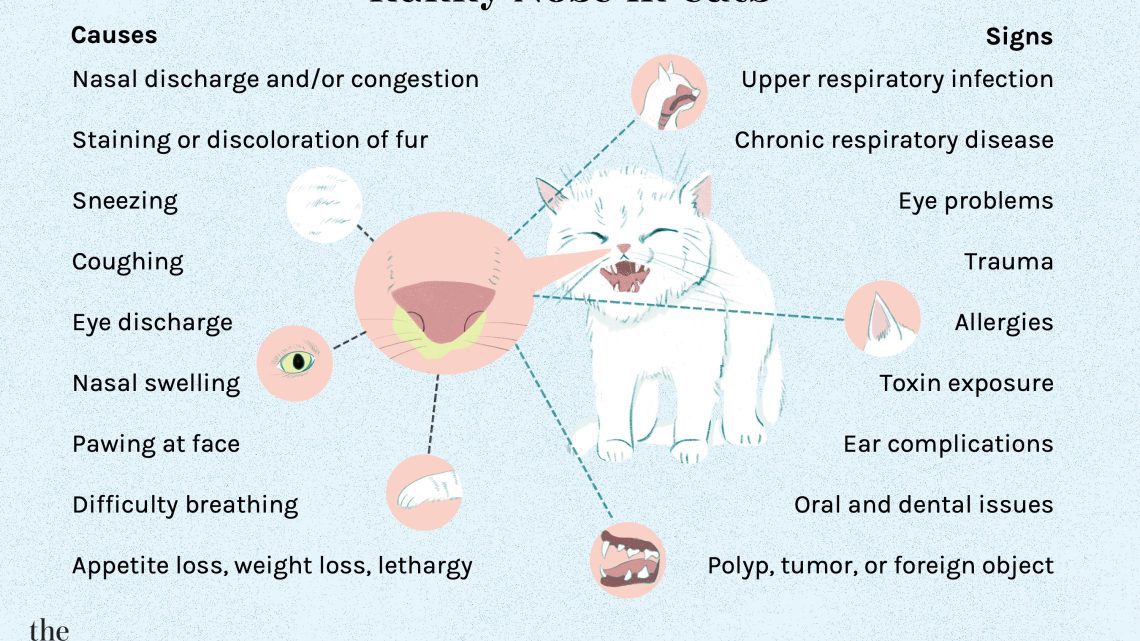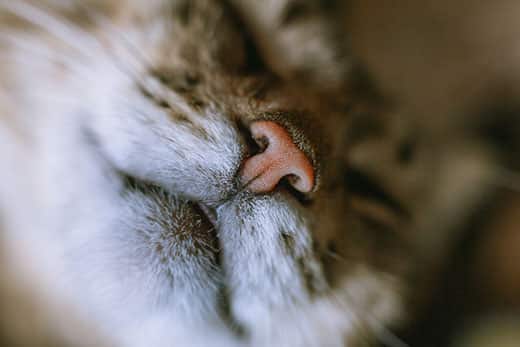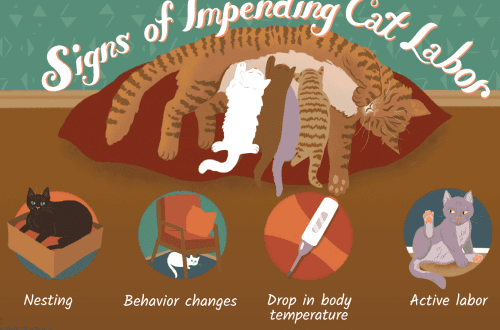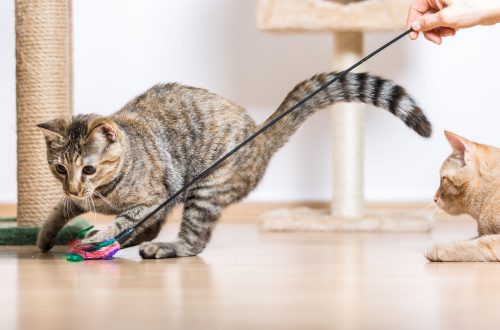
What to do if a cat has a runny nose
Should I be concerned about a runny nose in a cat? It depends on the specific situation. A runny nose, which is easy to treat in most cases, can sometimes be a symptom of a more serious health problem. Why does this happen and how to cure a runny nose in a cat?
Contents
Runny nose in a cat: causes
If your pet has a runny nose, it is most likely due to inflammation, injury, or infection in the nasal cavities or sinuses.
If your cat is constantly spitting, she may have an upper respiratory tract infection. According to the Merck Veterinary Manual, most upper respiratory tract infections in pets are caused by viruses such as herpes viruses and caliciviruses. Bacterial infections such as Chlamydophila felis and Bordetella bronchiseptica are the second most common cause of the common cold. Fortunately, if the animal is up to the recommended vaccinations, the risk of contracting such infections is greatly reduced.
However, in addition to simple upper respiratory tract infections, most of which are mild and do not require treatment, there are many other possible causes of snot in a cat, including:
- Rhinitis. In general, rhinitis is an inflammation of the mucous membrane of the nasal passages, which leads to a runny nose. Rhinitis can be caused by upper respiratory tract infections, bacteria, viruses, and, less commonly, fungus. In addition, it is possible to develop allergic reactions, but they are not a particularly common cause of rhinitis in cats.
- Foreign bodies. If a cat inhales a foreign body, whether it be a piece of food or a thread, she may develop a runny nose, accompanied by colored discharge.
- Nose cancer. This type of cancer in cats can be quite aggressive. In the early stages, it may present with a common runny nose, but eventually progresses to facial swelling, thick or colored discharge, pain, and nasal congestion.
- Nosebleed.Nosebleeds can be caused by clotting problems, cancer, foreign bodies, or inflammatory conditions.
- Injury. Blows to the nose can cause bloody discharge, which becomes transparent as the edema disappears. Nasal discharge from an injury can also turn greenish-yellow if an infection occurs.
- Toxic irritants. Exposure to toxins can cause severe irritation and inflammation of the nose, which in turn can lead to a runny nose.
- Nasal polyps. These benign growths can cause persistent sneezing, nasal congestion, and a runny nose.
Runny nose and sneezing in cats: when to see a doctor
By itself, a runny nose in a cat does not mean that you need to immediately run to the veterinarian. In most cases, it is part of the normal nasal cleansing process or the result of an infection that clears up on its own.
The most common symptoms associated with a runny nose in cats include sneezing, nasal discharge, eye discharge and redness, coughing, mouth or nasal ulcers, sniffling, fever, and hoarseness. These general signs are usually symptoms of an upper respiratory tract infection and often warrant a visit to the veterinarian. He will tell you what needs to be done so that the fluffy patient gets better soon.
More serious signs to look out for include severe swelling of the eyes, bloody or greenish discharge, extreme lethargy, high fever, poor appetite, and difficulty breathing.
Most likely, a cat with these symptoms just has a bad cold, but there is a chance that she may have bronchopneumonia or even oncology. If you notice any of these signs, you should immediately take the animal to a veterinarian. Early treatment can be essential.
Treatment of the common cold in cats
As with any health problem in a cat, before making recommendations, the veterinarian must first determine the cause of the condition by examining the discharge and taking blood for analysis. If the specialist decides that treatment is needed, they may prescribe antibiotics or other medications to clear the nasal passages and reduce nasal congestion. Your doctor may recommend using an inhaler, through which the medicine is inhaled in the form of a vapor.
Most often, a runny nose is absolutely not dangerous, but it is important to remember that even the most advanced cases, as a rule, can be treated effectively.
See also:
Cat’s Five Senses and How They Work Why Cats Need Whiskers Strong Cat Breath Everything You Need to Know About Cat Blood Tests Can Cats Get a Cold or the Flu?






